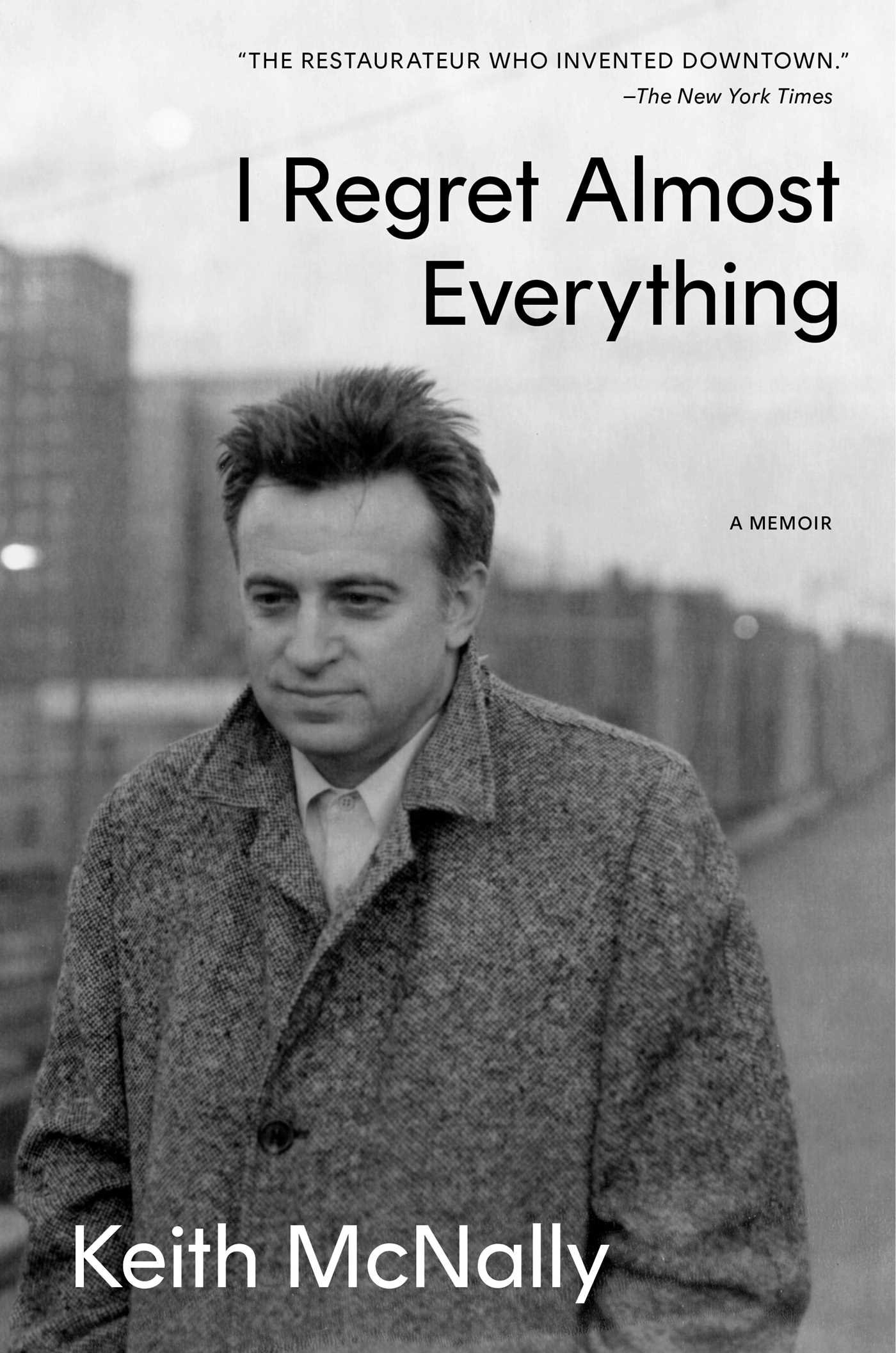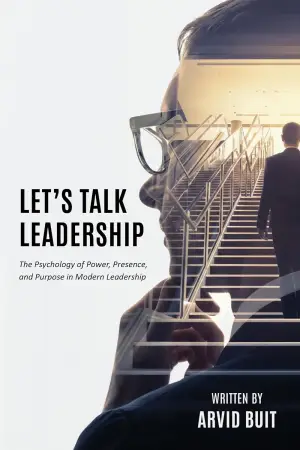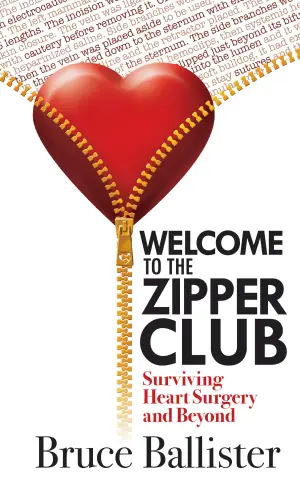Personal Reflections on "I Regret Almost Everything" by Joe McNally
When I first glimpsed Joe McNally’s memoir, I Regret Almost Everything, I was drawn in by the title’s audacity and his layered reputation as a multifaceted artist. As someone who relishes the intersections of creative endeavor and personal struggle, I felt compelled to explore McNally’s journey. What could this decorated restaurateur, playwright, filmmaker, and recovering stroke patient teach us about regret, resilience, and the art of living? With an air of curiosity and anticipation, I dove in.
From the outset, McNally’s memoir is a poignant exploration of a life richly lived, yet punctuated by the stark realities of personal loss and the omnipresence of regret. McNally invites readers into the intricate tapestry of his experiences, moving through his roles as an actor, restaurateur, and survivor. His candidness is captivating, almost disarming at times. He isn’t just recounting events; he’s echoing the complexities of existence. Reflecting on the phrase that struck me deeply, “In some ways, it was only after I lost my voice that I learned to speak my mind,” I found myself contemplating the irony of voice—one’s ability to express self amidst silence, whether imposed by circumstance or one’s own psyche.
However, as I navigated his narrative, I occasionally stumbled over the timeline—certain passages felt meandering, leading me to ask myself, "Which decade are we in now?" or "Which relationship is under scrutiny?" This fragmented experience may stem from the way I consumed the book in various chunks, but it did occasionally disrupt my connection with the overall flow. That said, McNally’s ability to evoke emotion and thought with his raw honesty undeniably shines through.
His reflections on grief particularly resonated with me. I was struck by his assertion, “Grieving isn’t a corridor one passes through on the way to wellbeing.” It’s a sentiment that digs deep into the human experience, reminding us that certain losses leave marks that will forever linger. This contemplation adds weight to the lighter, humorous anecdotes about his ventures; there’s a delicate balance between levity and reflection that McNally navigates with finesse.
Also noteworthy is McNally’s passionate engagement with the restaurant industry. Having fathered 19 well-regarded establishments, his visions bleed creativity and spirited design—he’s a maestro in an industry often overwhelmed by mediocrity. His sentiment about customer service struck a chord: “I only wish this was generally the industry standard as opposed to the McNally exception.” There’s a refreshing call-to-action here for all of us in service-oriented fields to embrace genuine hospitality and connection.
In wrapping up, the book concludes on a note tangled with wisdom and reflection—qualities McNally himself might shy away from labeling. Yet, I saw growth and acceptance throughout his narrative. He emerges not as a perfect artist, but as an honest seeker, relatable to many of us who grapple with our own inner dialogues.
I Regret Almost Everything is a compelling memoir that resonates deeply with anyone navigating the complexities of life, whether through laughter, loss, or a yearning for connection. For those who appreciate raw honesty and beautiful, if chaotic, narratives, this book will be more than just a read; it will be a shared journey with Joe McNally, who ultimately grew on me—quirks, chutzpah, and all. Whether you seek inspiration or solace, this memoir may just offer a reflective mirror to your own experiences.
Discover more about I Regret Almost Everything on GoodReads >>







